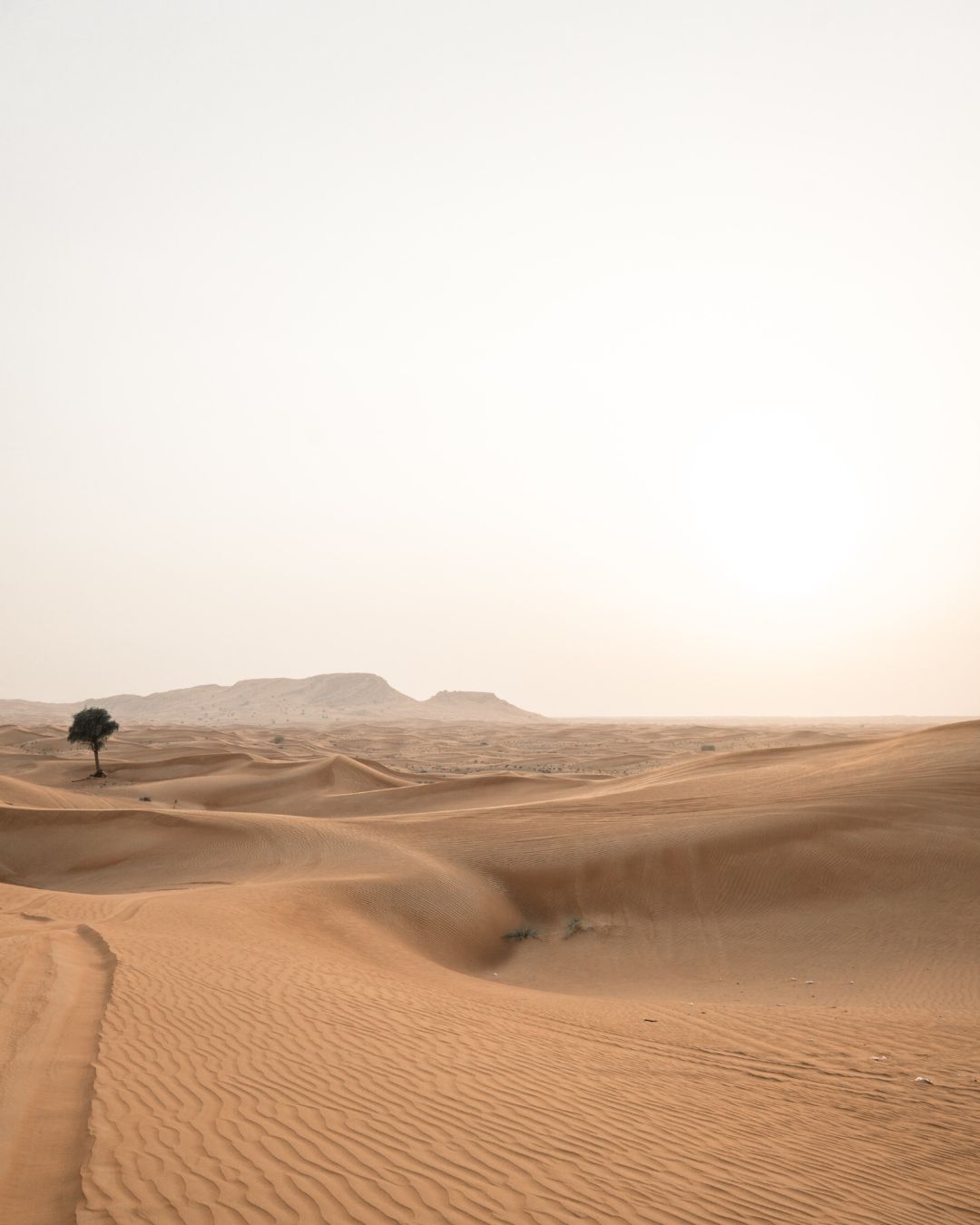Desert Heat and Diet: How Extreme Temperatures Influence Your Nutritional Needs
Introduction
Dubai is a city known for its towering skyscrapers, luxury shopping, and relentless sun. While the desert heat adds to the city's exotic allure, it also has a profound impact on your body—specifically, your nutritional needs. Understanding how extreme temperatures influence your diet can help you maintain optimal health, even as the mercury rises.
The Importance of Hydration
The Fluid Balance
Living in a hot climate like Dubai's increases your risk of dehydration, which can have a domino effect on your health. Dehydration not only leads to fatigue and dizziness but can also affect your metabolism. To counteract this, it's crucial to consume fluids regularly throughout the day. Water is the best option, but you can also hydrate with herbal teas and electrolyte-infused drinks.
Water-Rich Foods
You can further support your hydration by incorporating water-rich foods into your diet. Fruits like watermelon, cucumber, and oranges contain a high percentage of water and can aid in maintaining a healthy fluid balance.
Adapting Your Macronutrients
Carbohydrates
While carbs are essential for energy, they also produce heat during metabolism—a process known as thermogenesis. In extreme heat, you might want to reduce heavy carbohydrate intake and opt for lighter, more easily digestible options like quinoa, brown rice, and whole-grain pasta.
Proteins
Proteins are essential for repairing tissues and maintaining muscle mass, but consuming high-fat proteins can strain your digestive system in high heat. Opt for lean proteins like fish, chicken, and plant-based options like lentils and chickpeas.
Fats
Good fats are essential for nutrient absorption and brain health. However, try to avoid saturated fats, which can make you feel lethargic in the heat. Opt for sources of unsaturated fats like avocado, nuts, and olive oil.
Micronutrients: What You Need More Of
Electrolytes
Electrolytes are minerals that help balance the fluids in and out of cells, tissues, and organs. In high temperatures, you lose more electrolytes through sweat. Foods rich in potassium, calcium, and magnesium—like bananas, yogurt, and leafy greens—can help restore this balance.
Antioxidants
Antioxidants are important for combating the effects of sun exposure. Foods rich in vitamin C and E, such as berries and almonds, can provide an added layer of protection against the harsh desert sun.
Conclusion
Living in a desert climate like Dubai's requires thoughtful adjustments to your diet. From focusing on hydration to making smart choices in macronutrients and micronutrients, being mindful of what you consume can help you navigate the challenges posed by extreme temperatures. So the next time you step out into the blistering heat, remember—your diet can be your best defense.
